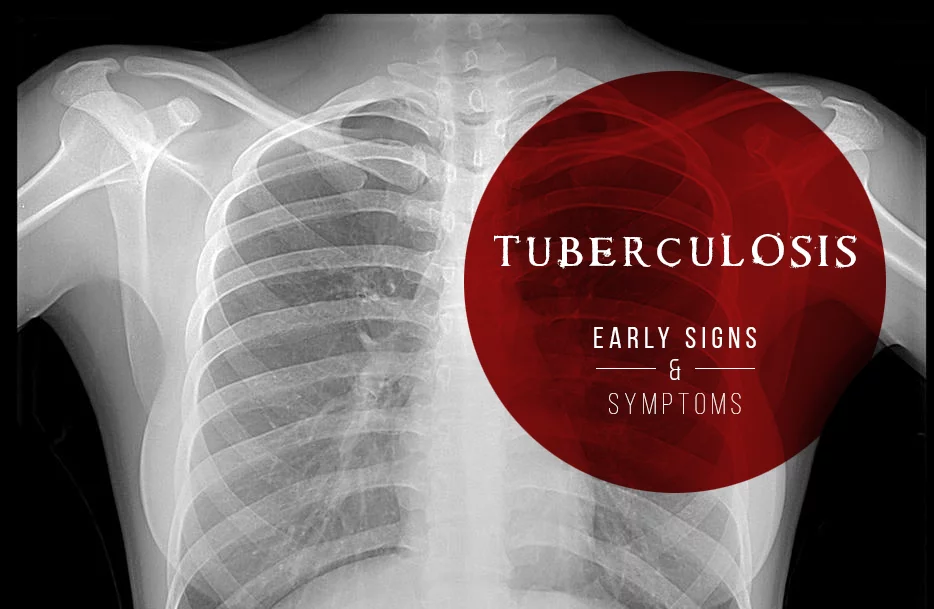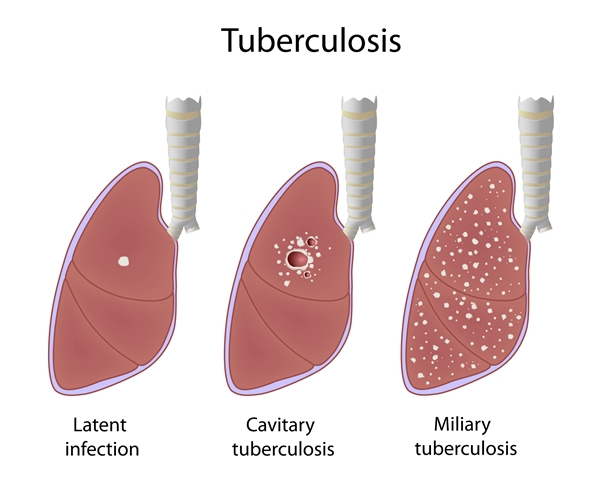
Although more widespread in the past, tuberculosis still remains as deadly and contagious as ever in the present world. While campaigns that aim to educate about the disease have been successful, eradicating it altogether has become a struggle.
For an illness like this, it’s not enough to have medicine for cough and cold; you also need to be armed with the knowledge about it. For you to be prepared, here is a list of early symptoms to watch out for.
Coughing for three weeks or more
A cough is a natural reaction of the lungs from irritants or infection, as the organ tries to expel the unwanted occupant. This is why people who have colds, influenza, and other respiratory diseases, as well as those who are regularly exposed to smoke, dust, and other foreign particles cough a lot, which is normal. But when a person has been coughing for three weeks or more, he or she may have tuberculosis. While not exactly a conclusive symptom, it’s best to have a physician check you up nonetheless.
Night sweats
Sleep hyperhidrosis, or night sweats in layman’s terms, is the excessive sweating during sleep. This symptom can be so severe that it can drench the person’s clothes and sheets. However, it can only be considered as sleep hyperhidrosis if the sweating is not caused by a hot environment, or an excessive number of bed covers or clothing, but instead of an underlying medical condition or infection. In this case, tuberculosis.
Shortness of breath and chest pain
Those with tuberculosis also have shortness of breath and chest pain, especially when breathing, just like most respiratory diseases. Because of the invasion of bacteria in the space between the lungs and the chest wall. This increases the amount of fluid, compressing the lung, and in the end causes pain.

Fever and chills
A common sign of infection, it’s no surprise that those with tuberculosis have fever. Aside from that, a person with the disease also gets chills. While there are a lot of infections that have both of these symptoms, the key difference is that the fever and chills from tuberculosis is almost of unknown origin.
Loss of appetite and weight loss
If someone has a persistent cough for three weeks or more and has suddenly had a loss of appetite, then it’s quite likely that he or she has tuberculosis. This loss of appetite, coupled with night sweats, could cause weight loss - one of the hallmark symptoms of the disease. So if you or someone you know has this set of symptoms, it’s best to consult a pulmonologist or a specialist in infectious diseases.
Productive cough with blood
While a lot of respiratory infections cause productive cough - a cough that produces sputum; tuberculosis is one of the few that causes the infected to cough blood, which also is known as hemoptysis. This is perhaps the most well-known symptom of tuberculosis; should you have this symptom or know of anyone who does, please consult the doctor.
Just because tuberculosis is no longer as common as before doesn’t mean you should be cautious about it. And just like all diseases, prevention is always better than cure.